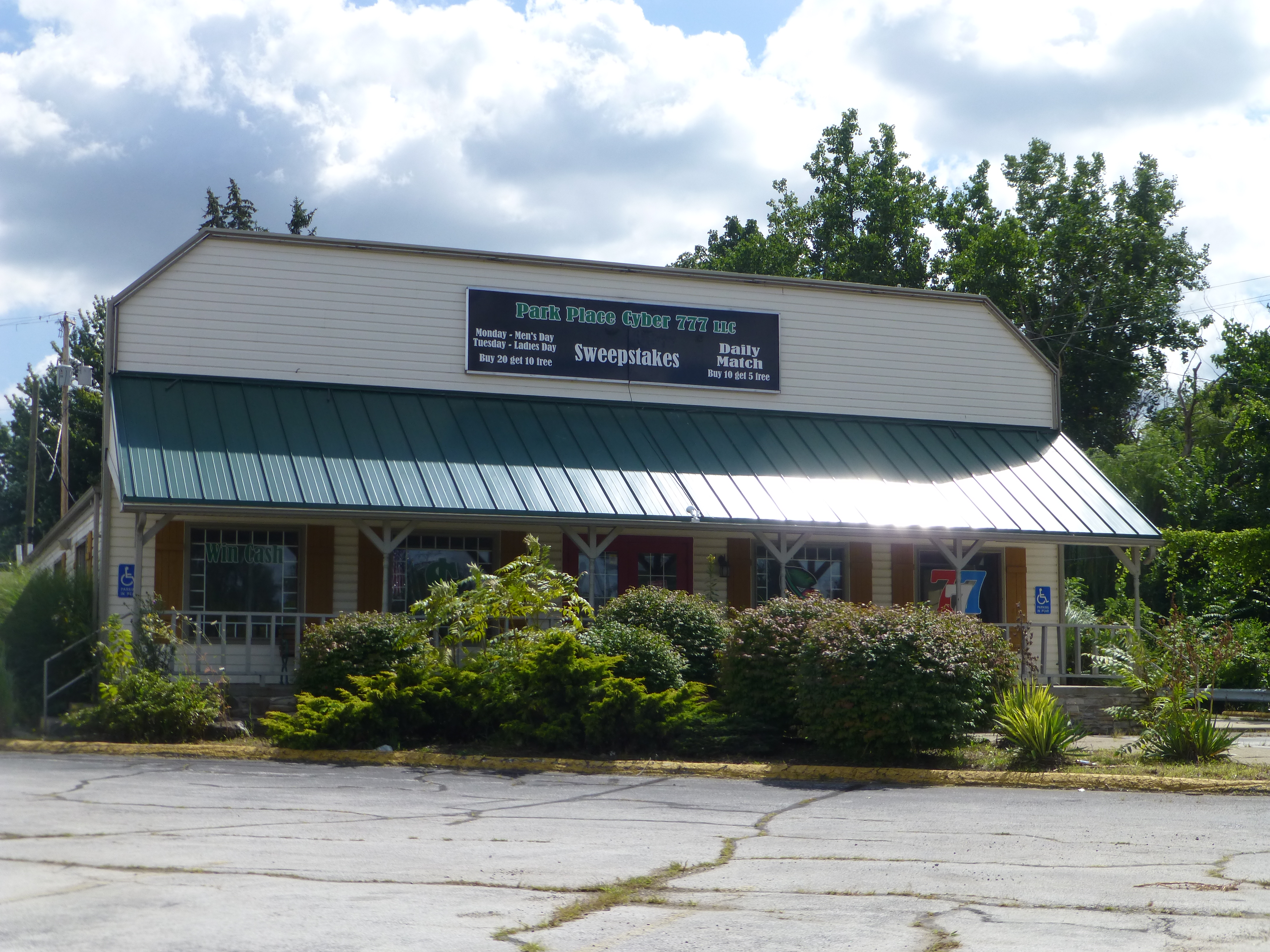Computerized gaming parlors, previously operated as “sweepstakes cafes” are evolving their creative business models designed to evade identity as illegal slot machine operations. Last year the California legislature created laws specifically banning the sweepstakes activities, and the industry answered the challenge with a new iteration: Social gaming facilities that utilize an alternative currency system similar to Bitcoin.
USA Today reported early last year that the $10 billion “internet sweepstakes cafe” phenomenon, which had popped up in strip malls, convenience stores, and gas stations all over the country, offered more than coffee and computer access. In fact, those “sweepstakes” operations sold units of time on computers running slot machine type programs. The café patron would then play the computer games to see if they were a “sweepstakes” winner.
The gaming industry argues that these business models were no different than participating in any other “sweepstakes” offer. A White Paper published by the Washington D.C. lobbyists’ American Gaming Association states that unregulated storefront gambling operations were “carefully designed to take advantage of state sweepstakes laws and to avoid state antigambling laws and gambling licensing restrictions …”
Customers patronizing the newly reinvented “social gaming and mining” operations, are directed to first purchase “coins” from coin exchanges located at another site. The gaming and mining cafes then sell “alternative currency mining” activity which goes on automatically in the background while the slot-like gaming is engaged.
The system has some similarities to Japan’s $300 billion Pachinko industry. Gambling for cash is technically illegal in Japan. Instead, player’s purchase and cash in tokens at the independently owned TUC (Tokyo Union Circulation) operators, with the TUCs earning a percentage for the exchange.
State legislators have been actively engaged in eliminating loopholes that have allowed the internet sweepstakes cafes to slide by their gambling laws. Empowered by the changes last year to the CA code, vice officers are closing down the new alternative currency gaming and mining operations as well. KBAK Eyewitness news reports that the Kern County Deputy District Attorney Greg Paulskamp won’t qualify whether or not the new operations are legal, stating “It’ll be up to the courts.”



